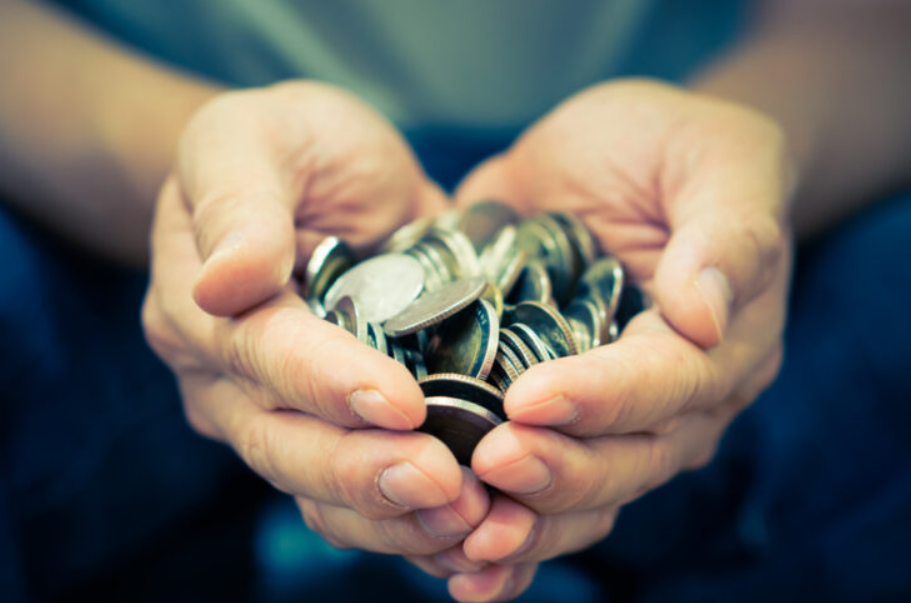Premature ejaculation (PE) is one of the most common sexual problems among men, with statistics indicating that about 1 in 3 men experience it at some point in their lives. This problem not only affects a man’s sex life but also extends to the entire marital relationship, causing tension and frustration for both partners. In this article, we will review in detail the latest and best home and medical treatments for premature ejaculation, based on information from reliable medical sources.
Understanding Premature Ejaculation: Definition and Types
What is Premature Ejaculation?
Premature ejaculation is medically defined as ejaculation occurring within one minute or less of the start of intercourse, or before the man or his partner desires it. However, it is important to note that the “normal” duration of ejaculation varies from man to man, with the general average being about five and a half minutes after the start of intercourse.
Types of Premature Ejaculation
Doctors classify premature ejaculation into two main types:
- Primary (Lifelong) Premature Ejaculation: This is the condition in which a man has experienced premature ejaculation since the beginning of his sexual life, and it often persists without treatment.
- Secondary (Acquired) Premature Ejaculation: This is when premature ejaculation develops after a period of normal sexual function, and it is usually linked to recent psychological or physical factors.
Underlying Causes of Premature Ejaculation
To properly understand the treatment of premature ejaculation, it is essential to know the possible causes of this problem:
Psychological and Emotional Causes
- Anxiety and stress, especially performance anxiety
- Depression and psychological pressures
- Marital problems and lack of understanding between partners
- Negative sexual experiences or traumas
- False beliefs about sex
Physical and Organic Causes
- Low levels of serotonin (an important neurotransmitter in regulating ejaculation)
- Prostatitis or urethritis
- Hormonal imbalances (especially testosterone, oxytocin, prolactin)
- Hypersensitivity of the penis skin
- Genetic factors
Risk Factors
- Advancing age
- Obesity
- Smoking and alcohol abuse
- Certain medications such as antidepressants
- Chronic diseases such as diabetes and high blood pressure
Home and Behavioral Treatments for Premature Ejaculation
Before resorting to drug treatments, several home and behavioral methods can be tried that have proven effective in delaying ejaculation:
1. Kegel Exercises (Pelvic Floor Muscle Strengthening)
Kegel exercises are one of the most effective ways to improve ejaculation control. These exercises work to strengthen the muscles that control the ejaculation process.
How to Perform Kegel Exercises:
- Identify the correct muscles: Try to stop the flow of urine while urinating or prevent the passage of gas. The muscles you use for this purpose are the targeted pelvic floor muscles.
- Tighten these muscles for 3 seconds, then relax for 3 seconds.
- Repeat the exercise 10 times in one session.
- Try to do at least three sessions daily.
With regular practice, the duration of the contraction can be gradually increased to 10 seconds or more. Results usually appear after 4-6 weeks of regular practice.
2. Stop-Start Technique
This behavioral technique helps to increase awareness of sexual arousal and learn to control it:
- Begin masturbation or foreplay until you feel you are about to ejaculate.
- Stop all stimulation completely and wait until the arousal subsides (about 30 seconds).
- Repeat this process 3-4 times before allowing yourself to ejaculate the last time.
With regular training (3 times a week), you can learn to delay ejaculation significantly within 2-3 months.
3. Squeeze Technique
Similar to the stop-start technique but with the addition of pressure on the penis:
- When you feel ejaculation is imminent, firmly squeeze the head of the penis where it meets the shaft for 5-10 seconds.
- Stop stimulation until the urge to ejaculate subsides.
- Repeat the process as needed.
4. Changing Sexual Positions
Some sexual positions help delay ejaculation more than others:
- The woman-on-top position often helps delay ejaculation due to the reduced effect of gravity.
- Avoid positions that cause intense arousal for the man, such as the missionary position, if it causes rapid ejaculation.
5. Masturbation Before Intercourse
Masturbating one to two hours before intercourse can help reduce sensitivity and delay ejaculation during the marital relationship.
6. Breathing and Relaxation Techniques
Anxiety and stress are among the most important causes of premature ejaculation. Deep breathing techniques can help:
- Take a deep breath from your abdomen (4 seconds)
- Hold your breath (4 seconds)
- Exhale slowly (6 seconds)
- Repeat this process several times during intercourse when you feel ejaculation is approaching.
7. Using a Double or Thick Condom
A regular condom or one specifically designed to delay ejaculation (such as Trojan Extended Pleasure or Durex Prolong) can reduce penis sensitivity and help delay ejaculation.
8. Improving Communication with Your Partner
Talking openly with your partner about the problem can reduce stress and anxiety. Also, focusing on other forms of foreplay and intimacy can relieve pressure on intercourse.
9. Lifestyle Changes
Some simple adjustments can improve sexual performance:
- Regular exercise
- Quitting smoking
- Reducing alcohol consumption
- Eating a healthy, balanced diet
- Getting enough sleep
10. Psychotherapy and Marital Counseling
If the problem is psychological in origin, psychological counseling or cognitive-behavioral therapy can be very helpful, especially if combined with other treatments.
Medical Treatments for Premature Ejaculation
When home and behavioral treatments fail to achieve the desired results, medical treatments can be considered, including:
1. Topical Medications (Anesthetic Creams and Sprays)
These products contain anesthetic substances such as lidocaine or prilocaine that reduce penis sensitivity:
- Applied to the penis 10-15 minutes before intercourse
- Must be washed off before intercourse to avoid transferring the anesthetic to the partner
- Examples: Pjur Med Pro-Long Spray
Cautions: May reduce sexual pleasure for both partners if not washed off properly.
2. Antidepressants (SSRIs)
Although designed to treat depression, one of their side effects is delayed ejaculation:
- Paroxetine (Paxil): Most effective, taken daily and needs 5-10 days to start working
- Sertraline (Zoloft)
- Fluoxetine (Prozac)
- Escitalopram (Lexapro)
Dapoxetine: The only one specifically designed for premature ejaculation, taken 1-3 hours before intercourse and has no cumulative effect.
Side Effects: Nausea, dizziness, dry mouth, fatigue, decreased libido.
3. Pain Relievers (Tramadol)
Tramadol is sometimes used to treat premature ejaculation when SSRIs fail, but it can be addictive with long-term use.
4. Erectile Dysfunction Medications (PDE5 inhibitors)
Such as sildenafil (Viagra), tadalafil (Cialis) can help in cases of premature ejaculation associated with erectile dysfunction, especially when used with antidepressants.
5. Alternative and Complementary Therapies
Some alternative therapies that have been studied for premature ejaculation include:
- Acupuncture: Some studies suggest its potential effectiveness
- Yoga and Meditation: To reduce anxiety and improve ejaculation control
- Herbal Supplements: Such as ginseng and hibiscus, which may help in some cases
6. Surgical Treatments (Rare)
In very rare cases, doctors may resort to:
- Botox injections into the muscles responsible for ejaculation
- Surgery to cut some of the sensitive nerves in the penis
Tips for Coping with Premature Ejaculation and Improving Sexual Life
- Accept the Problem: Premature ejaculation is a common problem and not a personal flaw
- Open Communication with Your Partner: Sharing feelings and concerns can reduce stress
- Expand the Concept of Intimacy: Sex is not just intercourse, but includes foreplay and emotional closeness
- Focus on Pleasure, Not Performance: Pressuring yourself to achieve a certain performance may worsen the problem
- Patience: Most treatments take time (weeks or months) to show results
When Should You See a Doctor?
It is advisable to consult a specialist in the following cases:
- If premature ejaculation causes psychological distress for you or your partner
- If the problem has been persistent from the beginning (primary premature ejaculation)
- If it appears suddenly after a period of normal sexual performance
- If it is accompanied by other symptoms such as erectile dysfunction or pain during intercourse
Conclusion
Premature ejaculation is a highly treatable condition, and the treatment options vary between home and medical methods. It is preferable to start with behavioral and home treatments for 2-3 months before resorting to medication. In many cases, the combination of behavioral and drug therapy is the most effective.
The most important thing is not to give in to anxiety or frustration, because with patience and proper treatment, most men can significantly improve their ejaculation control and regain their sexual pleasure and marital relationship.



